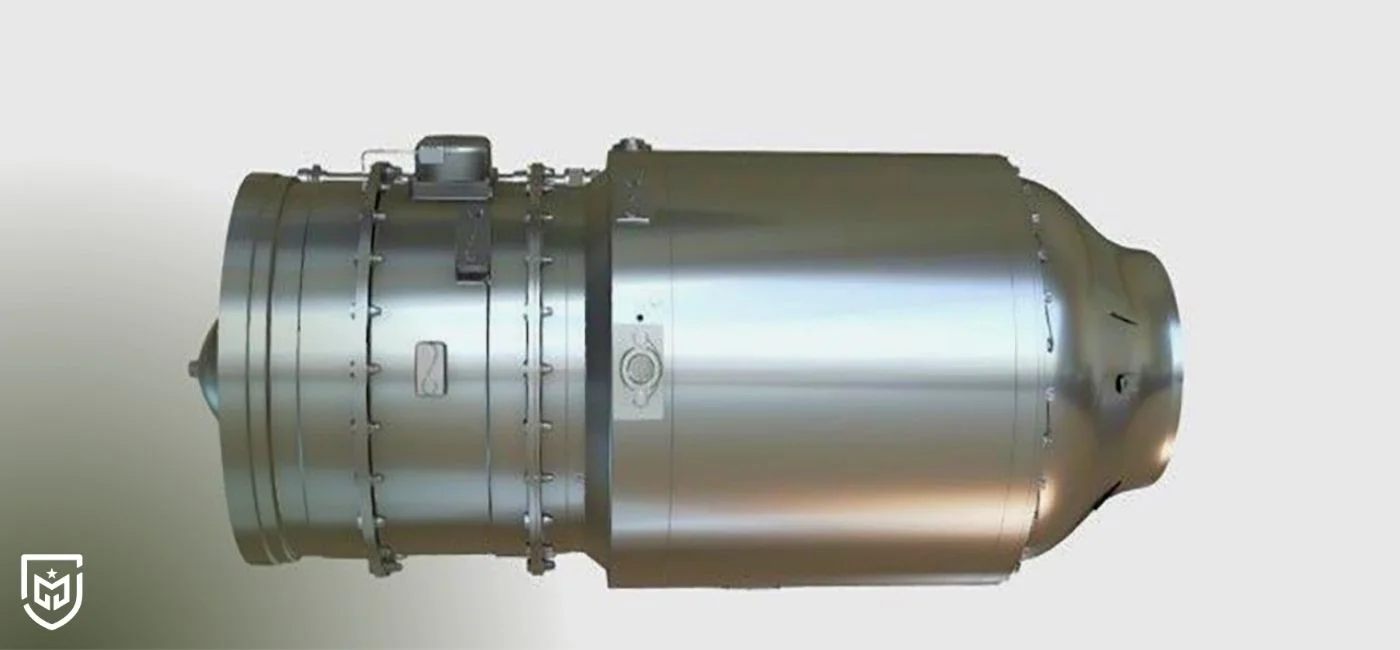

BREAKING NEWS

Turkey has taken a significant step toward full defense autonomy with a major breakthrough in the field of indigenous missile propulsion. At the 17th International Defense Industry Fair (IDEF 2025), Roketsan and Kale Jet Motors signed the “Cruise Missile Mass Production Engine Supply Contract,” marking the start of large-scale domestic production of turbojet engines for Turkish cruise missiles. The agreement, signed by Roketsan General Manager Murat İkinci and Kale Jet Motors Chairman Osman Okyay in the presence of Defense Industry Agency President Haluk Görgün, ensures that one of the most critical components of Turkey’s cruise missiles—the engine—will now be produced entirely with local resources.
Under the contract, Roketsan’s major cruise missile systems will receive homegrown propulsion. The KTJ-3200A will power the ATMACA anti-ship missile, the KTJ-3200S will be used in the SOM air-launched cruise missile, the KTJ-3700 will serve the land-based KARA ATMACA, and the KTJ-1750 will drive the compact ÇAKIR missile. These turbojet engines combine low fuel consumption with high thrust performance, increasing range, efficiency, and mission endurance. The KTJ-3700, in particular, stands out as the world’s smallest-diameter turbojet engine delivering such high thrust levels, offering a key advantage for land-launched systems.
Kale Jet Motors has rapidly built up production infrastructure to compete with leading global manufacturers, achieving a robust annual production capacity. Beyond meeting domestic needs, the company has achieved export success: the KTJ-3200 holds the distinction of being Turkey’s first exported turbojet engine. A recent agreement for its use in the MANSUP-ER anti-ship missile, developed by Brazil for the United Arab Emirates, further demonstrates the engine’s global competitiveness and reliability.
The integration of the KTJ engine family will provide Turkish Armed Forces with greater operational flexibility, extended range, and enhanced readiness. The fully indigenous production model not only eliminates dependency on foreign suppliers but also reduces maintenance cycles and ensures long-term sustainability. Furthermore, the growing ecosystem around engine production will boost Turkey’s defense industrial base, creating new jobs and accelerating technological innovation across the sector.
Post Comment
Comments
No comments yet.
Related News
Turkish Land Forces Showcase Strength at NATO Steadfast Dart 2026 Exercise
ROKETSAN and Bolu Abant İzzet Baysal Üniversitesi Forge Strategic Partnership to Strengthen Türkiye’s Defense Industry
Strategic Move by Otokar in Romania: New Phase Begins in 1,059-Unit COBRA II Export Program
Bayraktar TB3 to Conduct Live Fire Over the Baltic Sea During NATO Steadfast Dart 2026
Greece Launches Major Upgrade Program for 170 Leopard 2A4 Tanks
ÇELİKKUBBE Strengthened: Another SİPER Long-Range Air Defense System Added to Inventory
Minister Uraloğlu: 9 Locally Produced ZACENS-Type Tank Wagons Delivered to the Ministry of National Defense
HAVELSAN Makes Global Move in Rotorcraft Simulators: Strategic Partnership with US-Based ART